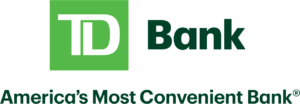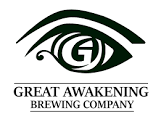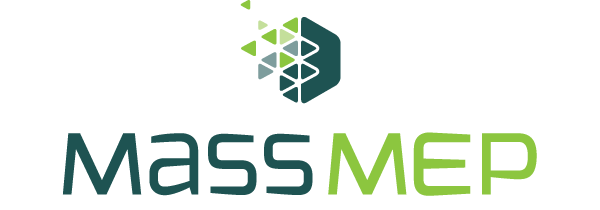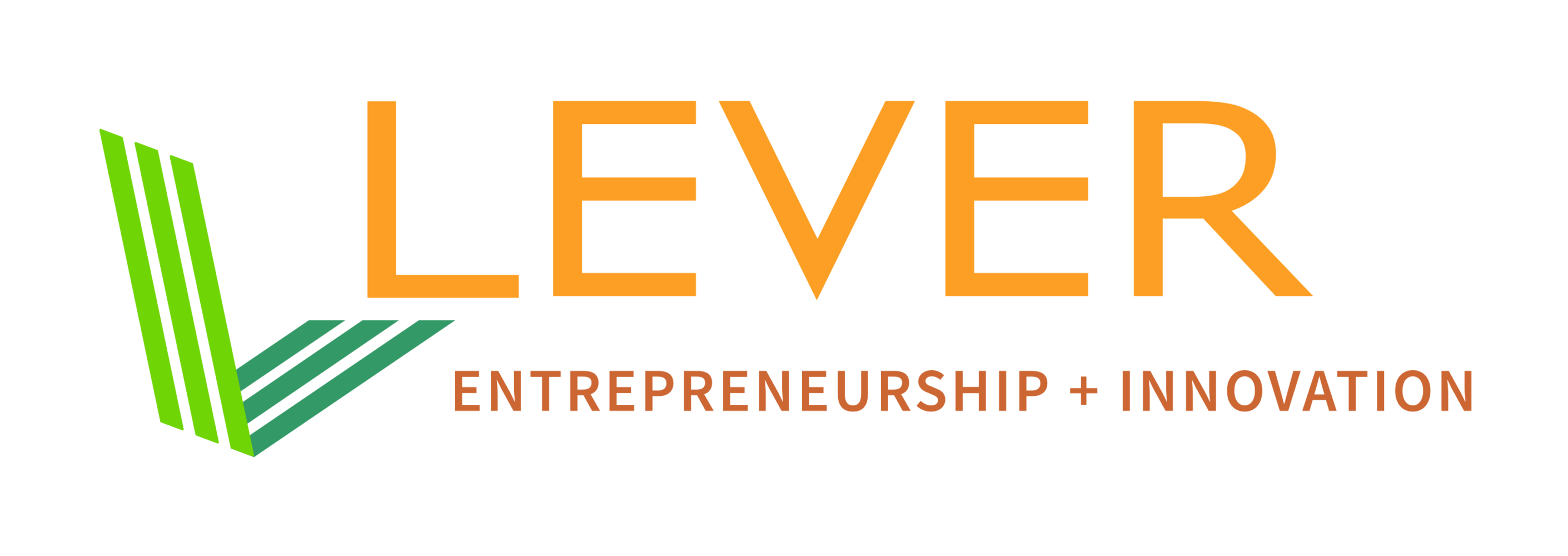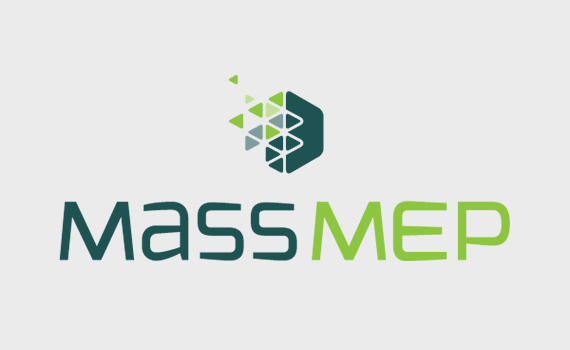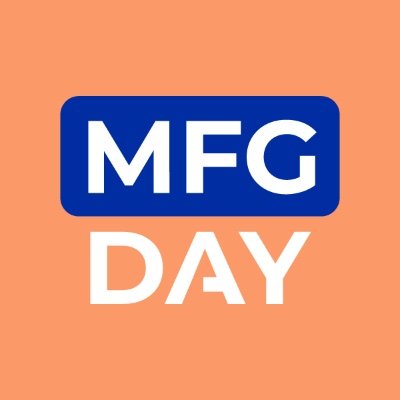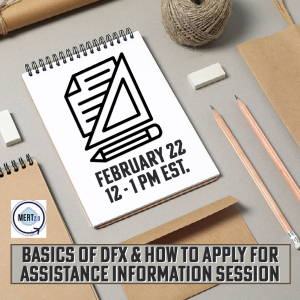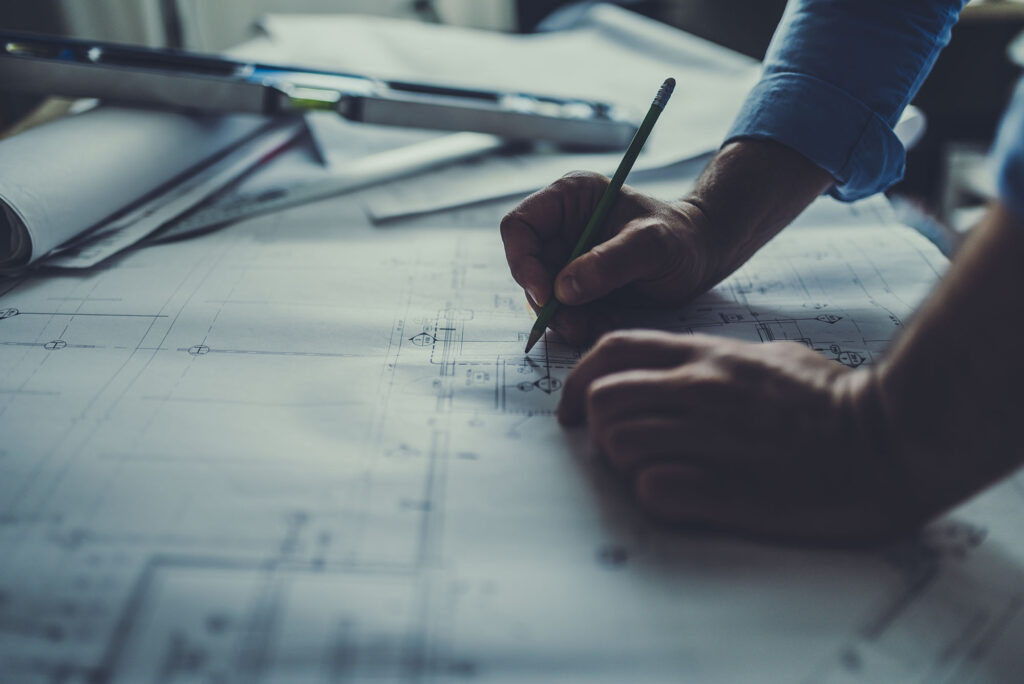Training
Lever’s 2021 Innovation Summit
Zoom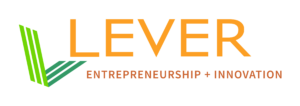
Themes
- Innovating Workforce Development
- Innovating from Within: the Intrapreneur
- Innovating for Inclusion
To participate: The entire program will be hybrid format: folks may participate in person, via Zoom, or both.
2021 Manufacturing Caucus Awards
Polar Park 100 Madison Street, Worcester, United StatesThis will be the 6th annual Manufacturing awards ceremony hosted by the legislatures manufacturing caucus. Representative Jeffrey N. Roy and Senator Eric Lesser will be presenting the awards September 28th.
Manufacturing Day
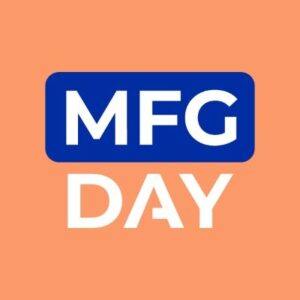
Join MassMEP and the Manufacturers in Massachusetts as we celebrate #MFGDay21! Click into each event listed in the day for specific details!
The 17th Annual Northeast Lean Conference
Springfield, MAGBMP has selected its theme for 2021 Northeast LEAN Conference, "Getting Back to the Future.” Back to focusing on people, back to strategic thinking and back to an innovative workplace inspired by lessons learned from the coronavirus.
Securing the Fourth Industrial Revolution: Cybersecurity and Manufacturing

Artificial intelligence, advanced analytics, smart sensors and cloud computing are driving today's cutting-edge manufacturing and industrial processes. IT security, integrity and reliability play an integral role in the success of advanced manufacturing. Hear from IT leaders, industry experts and manufacturers about strategies on security, threats, planning, testing and compliance that meet at the intersection of manufacturing and cybersecurity.
Front Line Supervisor Training Info Session
Zoom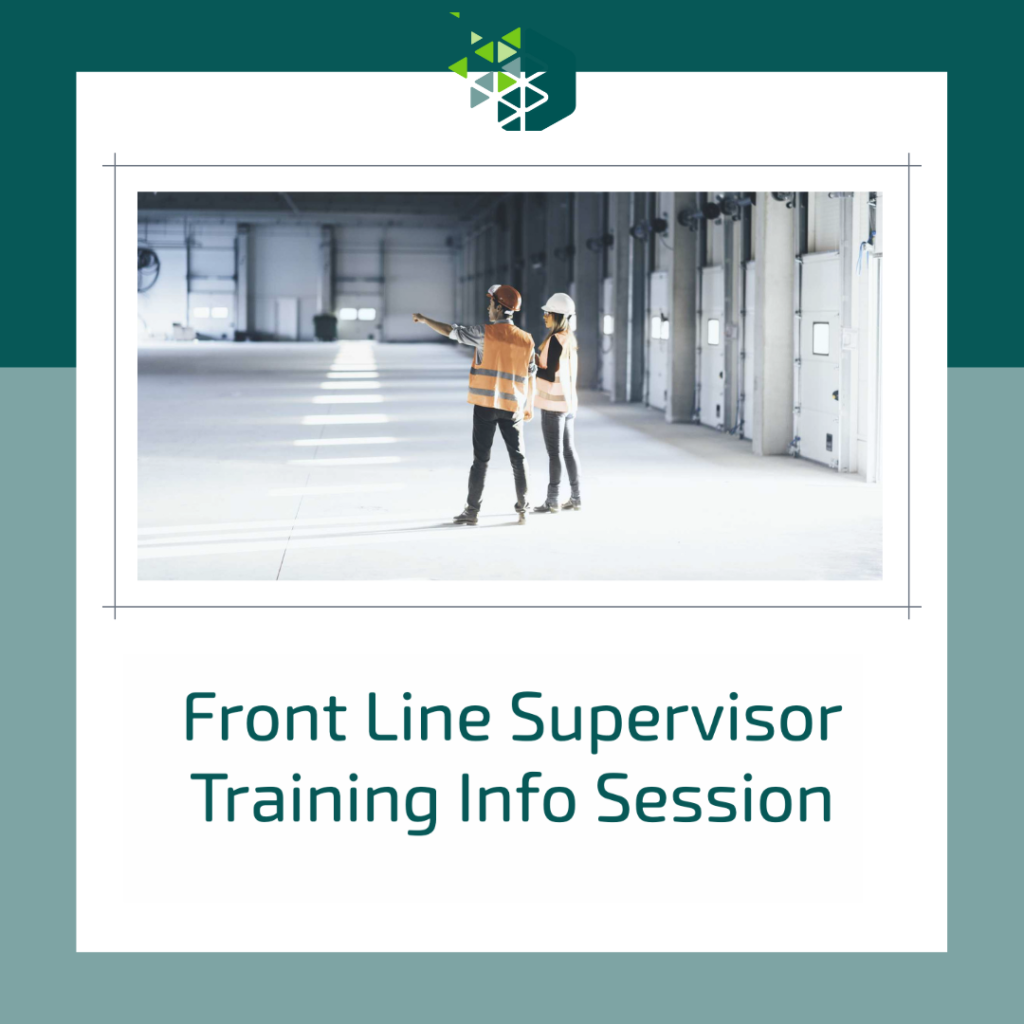
This will be an hour-long info session introducing the training for Front Line Supervisor which is designed to provide both awareness and education through classroom and actual "hands-on” exercises in the work environment with an emphasis on the Scientific Method of problem-solving, team building, and conflict resolution. Also being discussed is the funding available to companies to be a part of the training.
Takeaways:
- Registered apprenticeship (company will become a "co-sponsor” with MassMEP)
- Qualifies for MA Registered Apprentice Tax Credit ($4,800/apprentice)
- Funding support available through the Workforce Training Fund
Who Should Attend:
Supervisors and Work Leaders that are responsible for and coordinate the activities of production workers, such as inspectors, machine setters, assemblers, fabricators, and maintenance.
Massachusetts Manufacturers At Your Request – Agile and DFM: Module 2
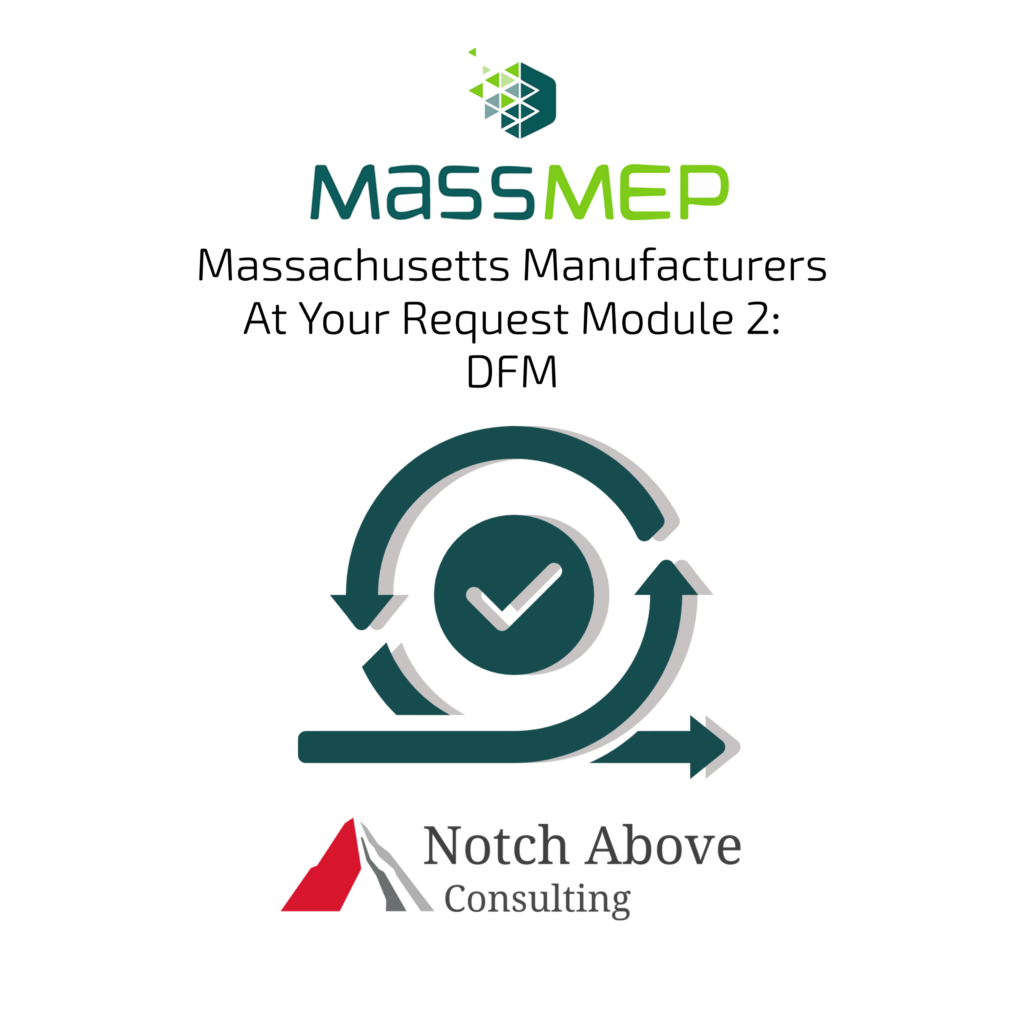
The past two years have taught us the endurance and tenacity of Manufacturing in MA. As part of that, the top two subjects Massachusetts manufacturers are looking for more insight with hands on training are, Agile & DFM. MassMEP offers a two part module workshop designed for the Massachusetts Manufacturing Industry.
Module two of the series: Design for Manufacturability, DFM, the benefits of different manufacturing processes and the effect of cost based on the manufacturing process and tooling consideration. The Value Engineering Methodology evaluates the different manufacturing processes, tooling consideration and labor content to establish overall cost to decide on the most economical overall price.
Please note this is One Module that is a two-day training module for each topic. That being written, this workshop requires both days in both modules are to be completed for the full training package. As an attendee you will need to schedule time to attend the training over the four day, eight-hour training time. Example: I will be in training for Agile, May 19th & 26th and in training for DFM, June 9th & 16th.
Please note that it is strongly recommended that you participate in both of these modules to receive the full package of the training.
MMAP Information Session with CAM

MMAP is back! The Center for Advanced Manufacturing at MassTech (CAM), in partnership with the Commonwealth's Executive Office of Housing and Economic Development (EOHED), has re-launched the third round of the Massachusetts Manufacturing Accelerate Program or MMAP.
MMAP aims to co-invest in small to medium-sized manufacturers across the state. The Program supports manufacturers through investments of up to $250,000 in capital infrastructure, to help spur new jobs, enter new markets, increase capabilities, and foster collaboration with ecosystem partners.
Priority will be given to projects that address key areas for growth in the manufacturing sector and align with emerging federal opportunities, including:
* Microelectronics;
* Defense/Aerospace;
* Electrification Technologies;
* Additive Manufacturing; &
* Robotics/Automation.
Click this link for more program details.
Register for the upcoming virtual info session next Wednesday, 2/8, at 11 a.m.
Opportunity for Grant Funded Design Firm Assistance
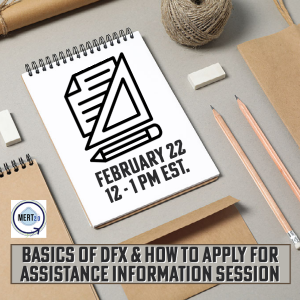
Are you looking for an opportunity to maximize your new product design prior to production? Look no further!
This informational session is on the Basics of Design for Excellence (DFX) to learn how to apply for the chance to receive $5,000 of expert DFX support from Bayard Design.
Up to 5 submissions will be selected!
Zoom Session: Basics of DFX & How to Apply for Assistance
February 22 @ 12:00- 1:00 pm EST
This program is funded by the EDA Manufacturing Emergency Response Team (MERT) 2.0 grant.
Click the button to send an email to register for the zoom link, or to ask questions.
Central Manufacturing Talent Pipeline Summit
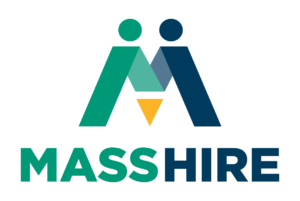
Central Manufacturing Talent Pipeline Summit
Bringing together state funders and employers to learn about current trainings and create strategic plans to meet your talent needs. This free summit will focus on available employer grant funding, workforce training resources and information regarding access to highly qualified manufacturing training graduates in 2023. Networking breakfast will begin at 7:30 AM.
Keynote Speakers:
- Representative Jeffery Roy, House Chair of the Manufacturing Caucus
- Christine Nola, Director of the Center for Advanced Manufacturing at Massachusetts Technology Collaborative.
Join us, Thursday, March 16th at the College of Holy Cross Hogan Conference Center From 8:00 AM - 10:30 AM
Basic Geometric Dimensioning & Tolerancing
WPI/virtual MA, United States
Geometric Dimensioning and Tolerancing is the universally accepted method of communicating dimensioning requirements on engineering drawings. This workshop will help you understand and use this universal engineering language to communicate the types and amounts of the inevitable variation that parts are allowed to have, per the drawing.
Course Description & Outline
Intended for practicing professionals who create drawing specifications or read drawings, this course helps students make sense of a topic that some find overwhelming. In a safe learning environment, the key principles are explained and brought down to the real world. More than simply memorizing symbols, students leave this course with a working understanding of how the system works and feel confident fully understanding drawing requirements and creating their own tolerancing schemes for parts. This course provides lots of practical hands on exercises to drive home the concepts and encourage questions and effective discussions. The exercises go beyond the theory to show how tolerancing works on real working parts.
- Fundamentals of GD&T: Types of variation and how they’re controlled. Features of size and surfaces. Rule #1. Definitions of maximum material condition (MMC) and least material condition (LMC) and how they are used to determine bonus tolerance.
- Tolerances of Form: Controls of flatness, straightness, circularity and cylindricity. Examples on how they are specified, their meaning and principles of verification. Straightness and flatness controls applied to features of size and surfaces.
- Concept of Datums and the Datum Reference Frame: The common point of reference for the part definition from design through manufacturing and inspection. How imperfect parts are measured according to the design intent.
- Tolerances of Orientation: Controls of parallelism, perpendicularity, and angularity applied to surfaces and features of size. Examples on their use and meaning as well as verification principles.
- Tolerances of Location: Controls of position, comparison and conversion from conventional tolerancing. Applications and examples of position used for various features. Composite position tolerances. The classic examples of floating and fixed fasteners will be cited to demonstrate tolerancing for position to avoid interference problems of fit. Projected tolerance zone. Concentricity and symmetry interpretation and application.
- Tolerances of Profile: Controls of profile of a line and profile of a surface. Equally disposed and unequally disposed profile tolerances. Profile tolerances applied to multiple surfaces. Examples of various simple and complex surfaces.
- Tolerances of Runout: Controls of circular runout and total runout.
Learning Outcomes
- Name the four types of variation that exist on parts, recognize the limitations of numeric tolerances and understand the need for geometric tolerances.
- Analyze tolerances expressed numerically and calculate minimum and maximum allowable values for dimensions.
- Understand and apply the symbols used with the geometric system of tolerances.
- Recognize basic dimensions on prints and understand their meaning.
- Identify and properly read feature control frames.
- Recognize when bonus tolerance is available and calculate geometric tolerance values when bonus tolerance applies.
- Create specifications using bonus tolerance where applicable
- Recognize datum feature identifiers applied to features with size and surfaces.
- Identify the datum reference frame including order of precedence.
- Recognize when datum shift is used and calculate the amount of shift.
- Identify and interpret geometric controls on location, orientation, form, profile & runout.
- Construct illustrations of tolerance zones defined by geometric controls, including 3D and 2D tolerance zones,and those allowed to move.
- Properly evaluate inspection data in light of tolerance zones defined by geometric controls.
Who Should Attend
CAD draftspersons, tool designers, technical inspectors, mechanical engineering, technicians, machine shop and tool room supervisors. Design, manufacturing, and project engineers, quality control personnel, engineering managers and supervisors will also find this workshop beneficial.
For More Information on the Certificate Click Here
Beers & Gears
Great Awakenings Brewery 77 Mill St, Westfield, MA, United States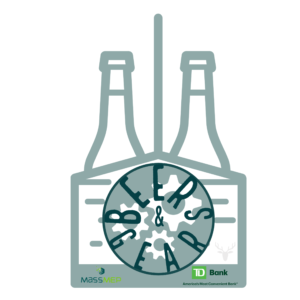
Beers & Gears is for Massachusetts Manufacturers to come together and learn more about today's best practices in the manufacturing industry. The scope of Beer & Gears was created to focus on a Manufacturer and Brewery in regions across Massachusetts.
Please join us for this great event! This is a time to network with manufacturers in Western Mass. and learn more about workforce development, smart manufacturing, continuous improvement, and so much more from your region. Thanks again to our sponsors, TD Bank, for helping us put this event together.
Western Mass., Manufacturers sign up today and join us as we tour Peerless Precision, and head over to Great Awakening Brewing Company for networking and brewery production tours.
While this event will be held for Western Mass, there will be more Beer & Gears to follow in a region near you soon!
